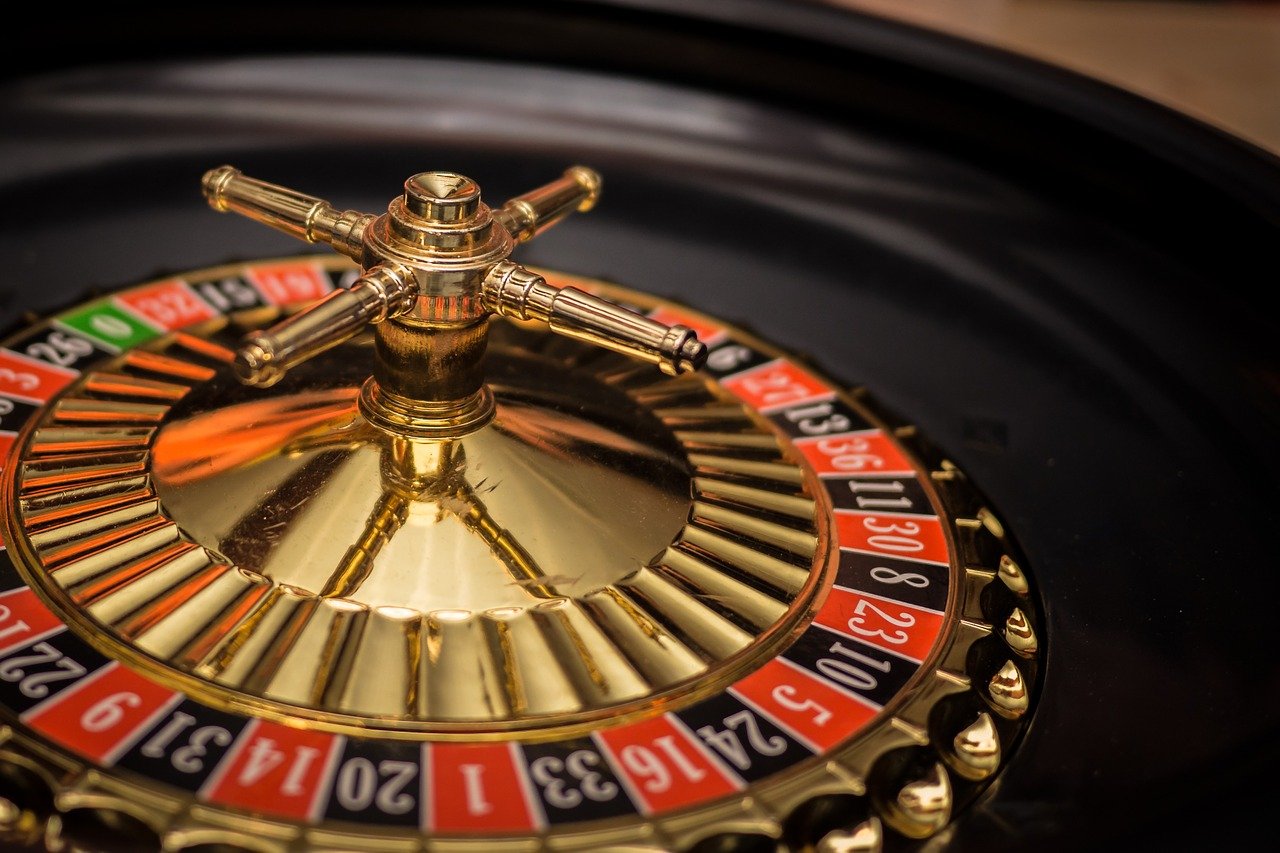
In the vibrant world of gambling, gambling house games have long captured the imagination of players around the world. These activities, spanning timeless card options like poker to the rotating reels of slots, offer an fascinating mix of randomness and tactics. While fortune undeniably plays a significant role in determining outcomes, the significance of expertise in many casino activities cannot be ignored. Grasping how expertise influences the experience can elevate not only a player’s engagement but also their likelihood of achievement.
As we explore further the mechanics of casino activities, it becomes clear that some require a robust base of wisdom and strategy. Activities like poker require more than simple fortune; they demand strategic thinking, mental insight, and tactical decision-making. In opposition, other activities, such as the roulette wheel and slots, are primarily based on randomness, allowing participants to rely exclusively on random chance. This difference raises thought-provoking questions about what really drives victory in the domain of gambling and how a player’s skill set can tilt the balance in their benefit.
Comprehending Skill versus Chance in Casino Activities
Within the world of casino games, the discussion between skill and luck is a long-standing one. Several games are frequently divided into two categories: those that depend predominantly on chance, such as slots and the wheel, and those where skill plays a major role, like poker and blackjack. The difference is important because it affects not only gameplay strategies but also the approach players adopt when engaging with these games. While luck can play a critical role in the immediate, skilled players can boost their chances of winning over the long run in skill-based games.
Skill-based games, particularly poker, demand players to comprehend probability, human behavior, and game strategies. A seasoned poker player can read opponents, make calculated bets, and understand when to fold, all of which can lead to greater favorable outcomes. Conversely, in games that are purely chance-driven, no amount of skill can alter the odds. This means that while a player may win big in one session, their victory may frequently be subject to the whims of chance results rather than any strategic expertise.
Ultimately, both skill and luck exist together in the world of casino games, creating a vibrant environment for players. While games of chance can provide excitement and instant gratification, proficiency and strategy in skill-based games offer a deeper level of engagement for those prepared to dedicate time in refining their craft. This interaction between skill and luck defines the journeys of players and influences their relationship with the games they select to play.
The Impact of Expertise on Game Outcomes
In the field of casino games, proficiency plays a significant role in determining the results, especially in games where strategy and choices are essential. For example, in the game of poker, competitors must examine rivals, calculate probabilities, and make calculated bets to enhance their chances of succeeding. Unlike games that depend purely on chance, such as slot machines or the roulette wheel, poker demands an understanding of both the rules and the behavior of other participants, making expertise a vital component of victory.
Other strategy-based games, like the game of blackjack, also highlight the significance of player skill. Knowledge of basic strategy, card counting, and when to hit or stand can significantly influence the house edge. A skilled 21 player can reduce this edge and improve their odds of winning over time. bl555 This contrasts sharply with activities that do not permit for such tactical play, showcasing how the level of skill influences the potential for positive outcomes.
Additionally, even within games considered primarily chance-driven, like the game of craps, the choices made by players can influence their overall performance. Choosing the optimal bets, comprehending the likelihoods of different outcomes, and managing one’s bankroll are essential aspects that can enhance a player’s experience and results. Thus, while luck remains a component in gambling, skill can substantially influence how efficiently players navigate these environments, leading to more positive outcomes.
Strategies for Proficient Play in Gaming Establishments
To succeed in casino games, players must develop a strong understanding of the regulations and odds involved in various games. This basic knowledge enables individuals to make wise choices, especially in skillful games like Texas Hold’em and blackjack. Becoming acquainted oneself with game tactics, such as keeping track of cards in blackjack or recognizing wagering trends in poker, can significantly enhance a player’s odds of winning. Sharpening these strategies through practice games or lower-stakes games allows players to refine their skills without risking substantial amounts of money at stake.
One more key strategy is money management. Players should establish a budget before entering the casino and adhere to it faithfully. This involves deciding how much they are prepared to lose and imposing restrictions on how much they will wager in each session. By keeping a controlled approach to spending, players can prolong their play and reduce the risk of significant losses. Additionally, taking breaks can help maintain a clear head and prevent impulsive decisions that often lead to bad gameplay.
Finally, emotional control is essential in the intense environment of a casino. Players must be adept at controlling their emotions, particularly during periods of winning or losing streaks. Staying focused and not allowing emotions dictate gameplay can lead to more sound decisions. Methods such as taking deep breaths or walking away from the gaming table during intense moments can help maintain composure. By cultivating a balanced mindset, players can approach gambling games with assurance and expertise, thereby enhancing their complete experience and results.

